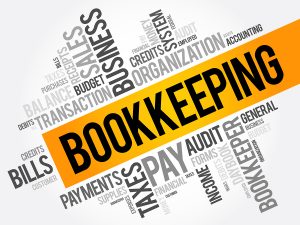It’s not easy to request payment right now, but it is important to keep cash flowing into your business so you can cover expenses and meet your obligations to others. As with all business dealings right now, a little empathy and a lot of open communication can go a long way.
The following tips might be useful to keep in mind when you are asking for payment.
Communication – Connecting with your customers is important. Try to make it personal to their situation rather than a one-size-fits-all email. Connecting on a more personal level shows you value them and are conscious of the impacts that the current situation may be having on them. The empathy you show now will also be remembered when business returns to normal. Be proactive – early communication will help you stay on top of cash flow and will also alert you, if you need to account for late payments.
Add value – Use your expertise to give something back. Surprise and delight your customers by offering something over and above your usual services. It could be as simple letting customers know you want to help and being open to requests, offering a one-off discount or an offer just to chat one to one.
Offer flexible payment options – for customers who can’t pay in full, consider breaking invoices into multiple payments with payment terms moved to a longer timeframe. Set up a credit card facility to give customers other options for payment. After all, the easier you can make it for them to pay you, the quicker you will get paid. If you don’t have payment services set up in your Xero account, we can help you do this. Offering a discount for early payment might provide the incentive for customers who can settle, to pay your invoice before others.
Keeping cash flow going is vital for your business so the earlier you can communicate with customers the better.














